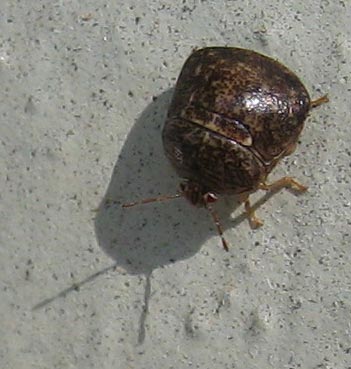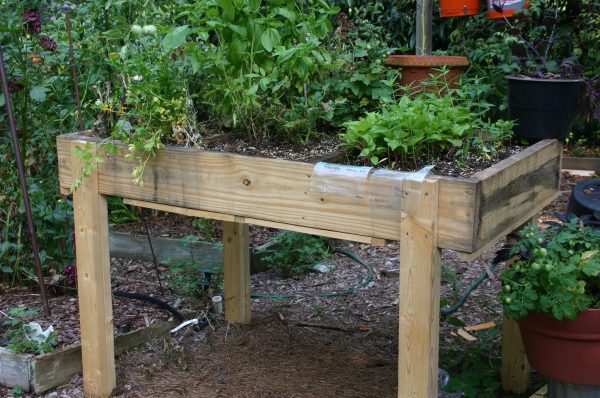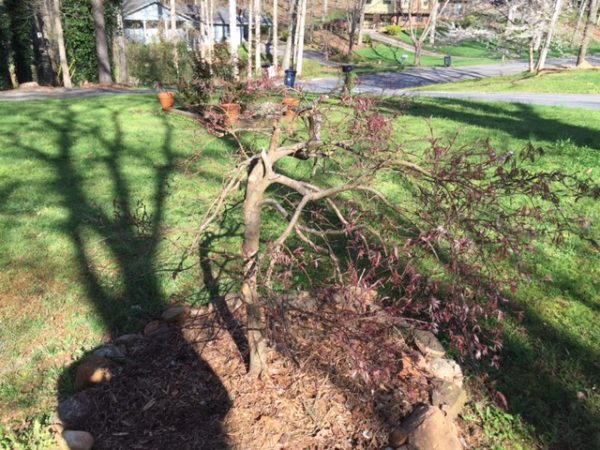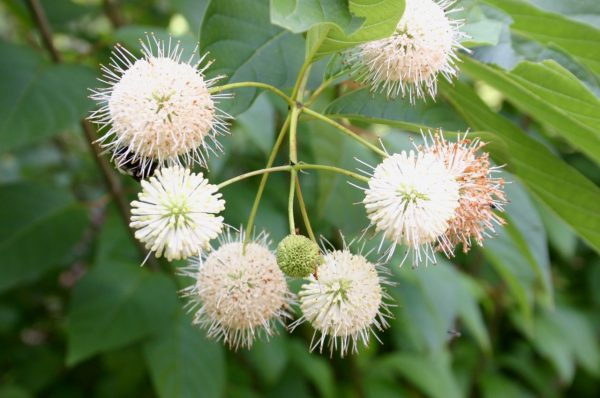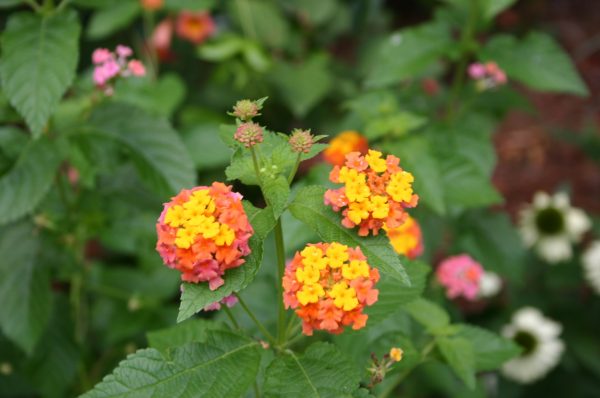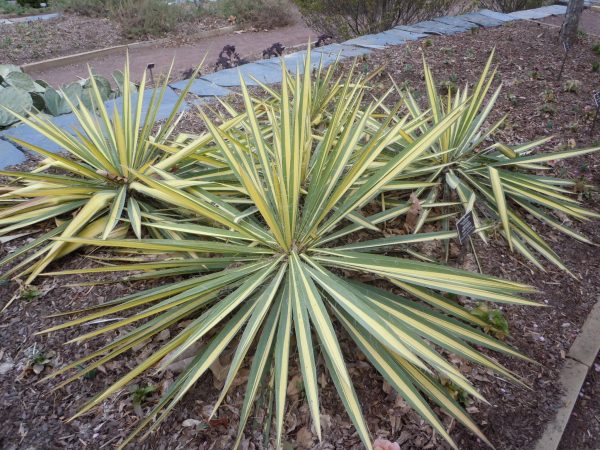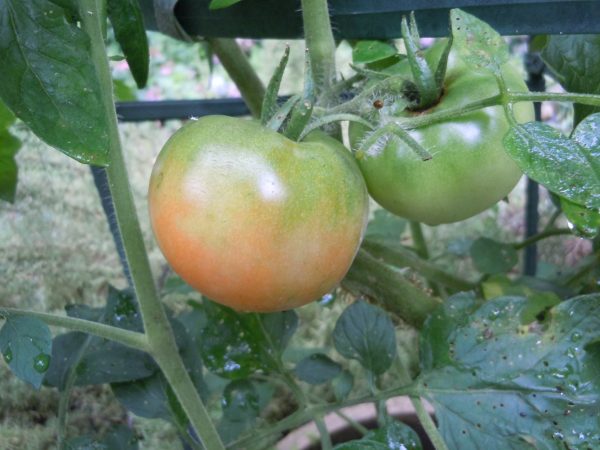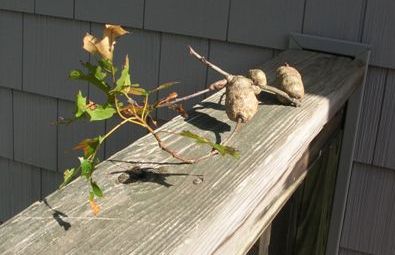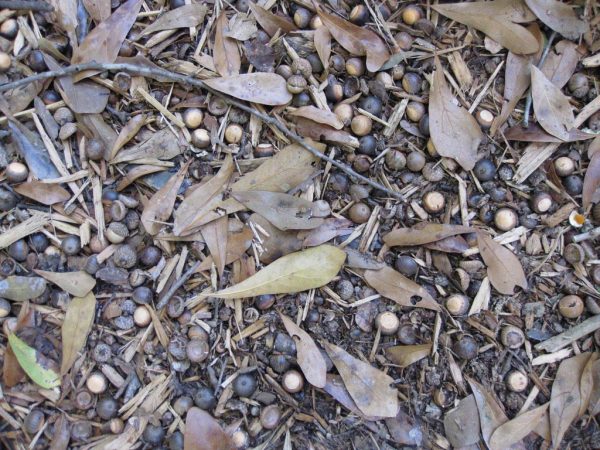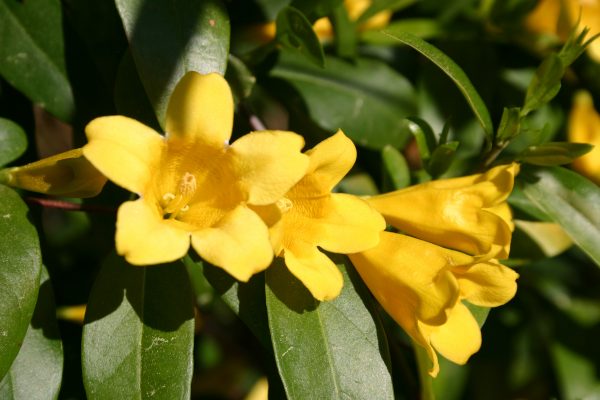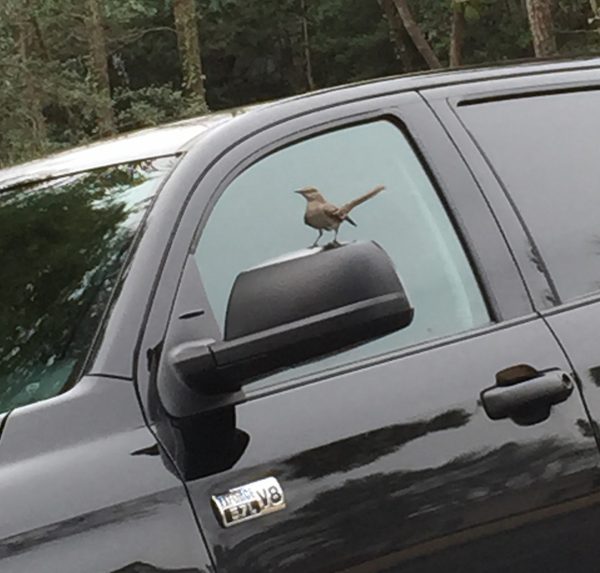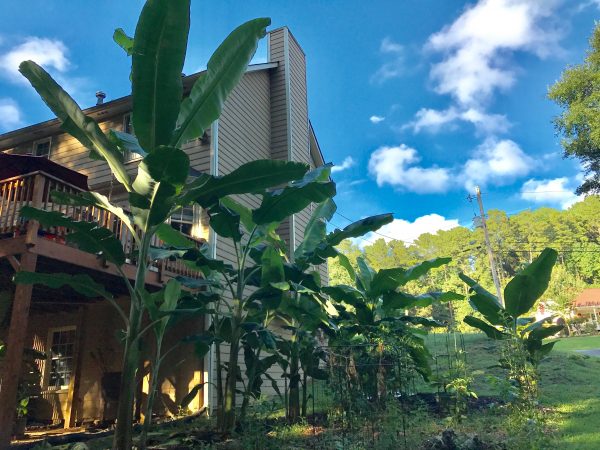Fescue – Endophytes (Toxicosis)
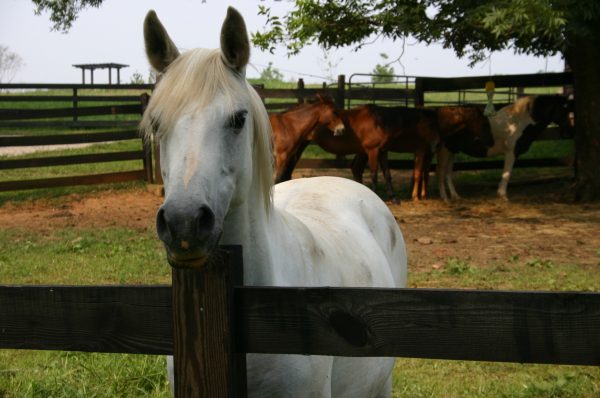
Q: Can you suggest a cool weather grass for horses? I know Kentucky 31 is available but I’m wondering if there is something better that will tolerate the heat and drought.
A: Fescue is usually the best choice for cool weather pasturage, but be aware of a problem called fescue toxicosis. This disease is caused by a naturally-occurring fungus (endophyte) that grows in Kentucky 31 fescue grass. Pastures are infected with the fungus to varying degrees. One way to mitigate the problem in an existing pasture is to plant legumes, like clover, each year.
Pennington Seed licensed drought-tolerant ‘Jesup’ tall fescue several years ago from the University of Georgia . Then, through a partnership with AgResearch in New Zealand, they infected the seed with a “friendly” endophyte.. The resulting ‘Jesup’ with the friendly endophyte is called MaxQ.
MaxQ not only does not cause fescue toxicosis, but the friendly endophyte gives the fescue plant all the stress tolerance properties that it gets from “wild” endophyte that infected KY 31.
The MaxQ is infected with a naturally occurring endophyte so it is not a transgenic product.
Karen R. at Gourmet Grazing Pasture Care offers further comments:
1. Not all horses are affected by the toxicity of the endophytes in fescue. Only horse owners with breeding operations need to be concerned. During the last 1-3 months of a mare’s pregnancy, the mare should be removed from fescue or the owner should purchase the antidote paste medicine from their vet to administer to the mare. If the paste is used, the mare can remain on fescue. The toxicity can result in late abortions and lack of milk production. All other horses are safe on fescue.
Endophyte toxicity is also a concern for cattlemen. It affects cows at the beginning of the pregnancy cycle. The pregnancy success rate is lower for cattle on fescue.
2. Regarding MaxQ. There is a strong push for horse owners in Georgia to switch to MaxQ, rather than use Kentucky31. Just because a Georgia based company develops and markets it, does not make it the answer for all horse owners. There are reasons not to switch:
A. If you don’t breed mares, stick with KY 31
B. You must kill all vegetation in a pasture, then let the pasture sit for 3-6 months before renovating for seeding MaxQ.
C. Most horse owners in Georgia do not have enough land to enable them to let a pasture sit for that long.
D. Mixing MaxQ with fescue you have established is a waste of time and money.
Based on my research, I have found that Kentucky 31 is the only fescue seed that has been thoroughly tested for foraging nutritional value to use in the Cherokee County area. I would like to see more research and development in this area.




